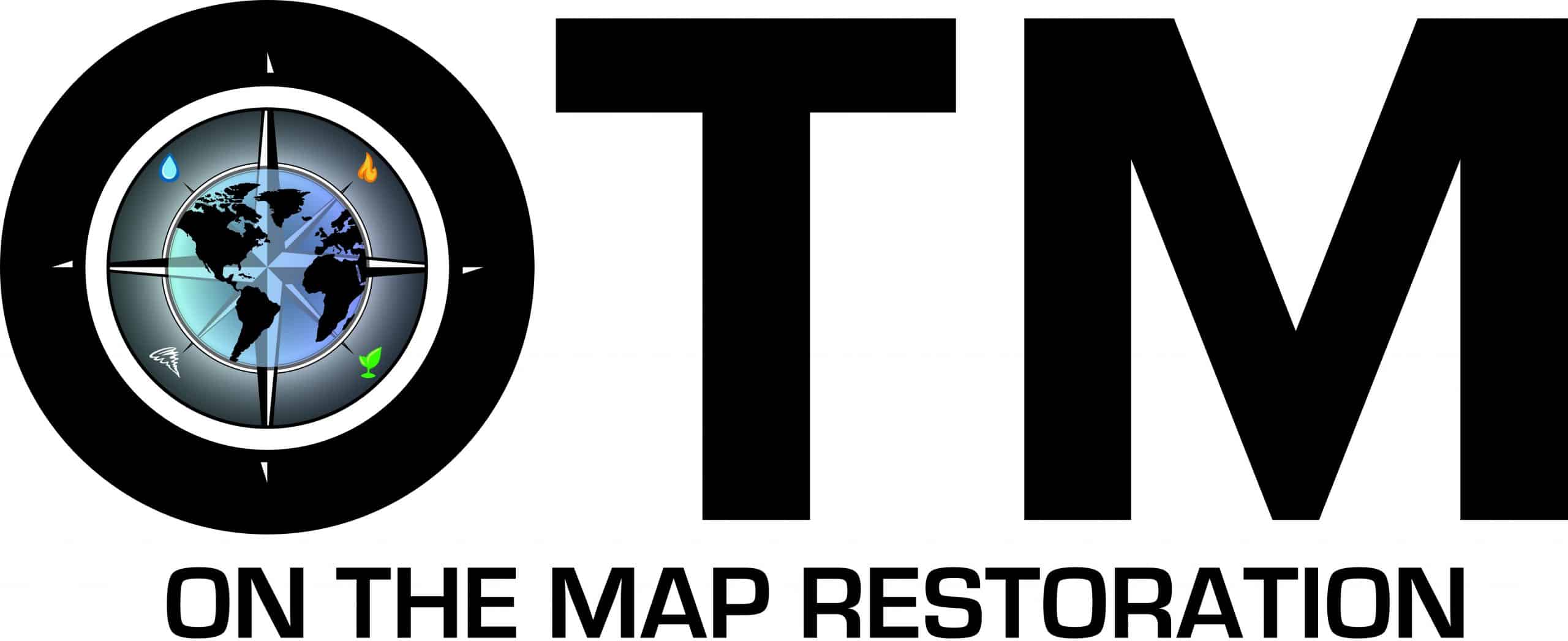Mold in homes is more than just an aesthetic issue; it’s a health hazard, particularly concerning its impact on Attention Deficit Hyperactivity Disorder (ADHD). Studies indicate that a significant percentage of buildings in the United States are affected by mold to a degree that could influence health, including ADHD symptoms in children and adults. Read below to see how mold and ADHD symptoms can affect you.

The Mold and ADHD Link: Facts and Figures
The connection between mold exposure and ADHD is rooted in the biological effects of mold toxins on the human body. Here are some key facts and statistics:
- Prevalence of Mold and ADHD: A reported 50 to 70% of buildings in the U.S. have mold levels that could impact health. This widespread issue underscores the potential for mold exposure on ADHD symptoms in a large portion of the population.
- Biological Impact of Mold: Mycotoxins released by mold can target human cells, particularly mitochondria. It can lead to neurological issues that mirror ADHD symptoms. There are links between mold exposure and neuroinflammatory responses in the brain, which can disrupt normal brain function and exacerbate ADHD symptoms.
- Histamine and Neurological Responses: Elevated histamine levels, a possible consequence of mold exposure, have been linked to ADHD-like symptoms. Mold exposure can also lead to Mast Cell Activation Syndrome (MCAS) as a functional naturopath. MCAS can result in elevated histamine levels linked to ADHD-like symptoms.

Mold in Modern Homes: A Growing Concern
Modern building practices have inadvertently contributed to the prevalence of mold in homes. Airtight construction, while energy-efficient, can trap moisture and foster mold growth. Certain building materials and household practices exacerbate this issue.
Detecting and Combating Exposure to Mold and ADHD
To safeguard against the health risks associated with mold, including its impact on ADHD, homeowners should take proactive steps:
- Regular Inspection and Testing: Given the high prevalence of mold in U.S. buildings, regular home inspections for mold are crucial. Professional testing is paramount if ADHD symptoms are present without a clear cause.
- Maintaining Optimal Humidity: Keeping indoor humidity levels below 50% is essential to prevent mold growth.
- Professional Remediation: For significant mold infestations, professional remediation is necessary. This process involves removal and preventive measures to avoid future growth.
Conclusion
The link between mold and ADHD symptoms is a significant health concern, particularly in light of the high prevalence of mold in modern buildings. Understanding this connection is vital for homeowners, especially those with children. Regular inspections, maintaining appropriate humidity levels, and opting for professional remediation when necessary are critical steps in ensuring a safe and healthy home environment. By addressing mold issues proactively, we can mitigate its impact on ADHD and overall health.
Concerned About Exposure to Mold and ADHD? Contact OTM Restoration!
Are you concerned about the potential health risks of mold exposure in your home, especially its link to ADHD symptoms? Don’t wait until it’s too late. OTM Restoration specializes in professional mold remediation, ensuring your home is not only aesthetically pleasing but also safe and healthy. Our expert team is equipped to handle all levels of mold infestation, using the latest techniques to eliminate mold and prevent future growth. Protect your family’s health and well-being by contacting OTM Restoration today for a thorough inspection and effective mold remediation solutions. Take the first step towards a safer, mold-free home – your health and peace of mind deserve it.

